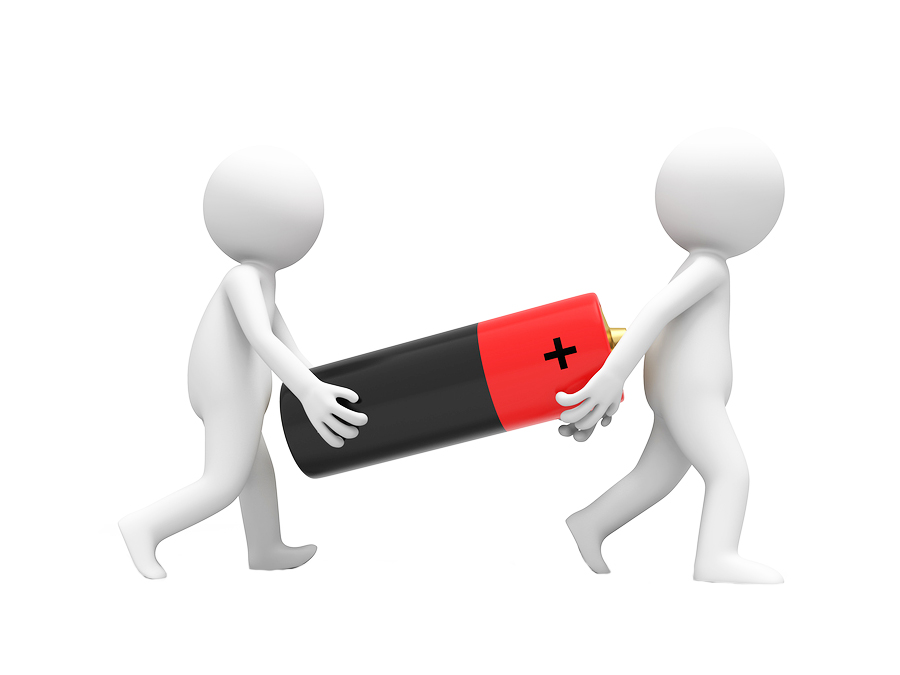A couple of weeks back in this space, we talked about the "risk of mislabeled risk." It's an interesting concept where consumers are informed of a specific risk, and led to believe that an alternative to that risk is automatically better. But, as usual, things aren't always as they seem.
One of the examples we explored was the replacement for BPA (Bisphenol-A), which for years was used in clear, hard plastics, like baby bottles. Before our industry became "BPA-Free," BPA use in drinkware was frequently teamed with phthalates, the chemicals used to make the plastic more flexible. We pointed to a recent report from the European Food Safety Authority that found that switching from BPA was likely a case of "regrettable substitution" because the risk simply had not been established.
 Now, a report from a research team at McGill University Medical Center finds that a widely used replacement for phthalates, called DINCH, may also not be as safe as initially thought. DINCH, used as a plasticizer in everything from children’s toys to food containers and medical devices, may actually work in the same harmful way that other phthalates do if ingested – by acting as a "metabolic disrupter." In other words, disrupting the way the body processes fat. "We were surprised by these findings since DINCH was supposed to be a trusted plasticizer devoid of phthalate effects," says Dr. Vassilios Papadopoulos, a researcher and professor of medicine at MUMC. "The fact that MINCH (DINCH's metabolite) can affect metabolism, which is a major regulator system of our body, is concerning."
Now, a report from a research team at McGill University Medical Center finds that a widely used replacement for phthalates, called DINCH, may also not be as safe as initially thought. DINCH, used as a plasticizer in everything from children’s toys to food containers and medical devices, may actually work in the same harmful way that other phthalates do if ingested – by acting as a "metabolic disrupter." In other words, disrupting the way the body processes fat. "We were surprised by these findings since DINCH was supposed to be a trusted plasticizer devoid of phthalate effects," says Dr. Vassilios Papadopoulos, a researcher and professor of medicine at MUMC. "The fact that MINCH (DINCH's metabolite) can affect metabolism, which is a major regulator system of our body, is concerning."
So, while the jury is still out on safe replacements for BPA and phthalates, what can you do to simply avoid the risks of their replacements? For now, the best thing to do is look at the recycling code number. At home, according to advice from Livestrong.com, you're safe with Type 2 plastic, High-Density Polyethylene, which contains neither BPA nor phthalates. You might also find the marking "HDPE" on items like detergent and milk bottles. Type 4 plastic (squeezable condiments) and Type 5 (yogurt, ketchup) are also considered safe. From an industry standpoint, steer clear of sourcing Type 7 plastic, which has been used in reusable water bottles and to-go coffee mugs. Type 7, or polycarbonate plastic, may contain bisphenol A, and may have the symbol "PC" or "other" on them.
 There is better news for the future improvements to be made on another risky promotional product issue, lithium-ion batteries. Results of a study released last week could lead to batteries that do not short out, overheat, or even burst into flame, as lithium-ion batteries can. The findings, which suggest adding two chemicals to the electrolyte of the lithium batteries, could pave the way for lithium-sulfur and lithium-air batteries. Those new technologies could mean not only safer batteries, but ones that could store up to 10 times more energy per weight than batteries currently used in consumer electronics and electric cars. This is one we'll want to keep an eye on.
There is better news for the future improvements to be made on another risky promotional product issue, lithium-ion batteries. Results of a study released last week could lead to batteries that do not short out, overheat, or even burst into flame, as lithium-ion batteries can. The findings, which suggest adding two chemicals to the electrolyte of the lithium batteries, could pave the way for lithium-sulfur and lithium-air batteries. Those new technologies could mean not only safer batteries, but ones that could store up to 10 times more energy per weight than batteries currently used in consumer electronics and electric cars. This is one we'll want to keep an eye on.
Finally, a save-the-date for you to attend a "Lunch and Learn" panel discussion QCA is sponsoring at the upcoming ASI Show in Chicago. If you’re going to the show, nothing would beat a free lunch, right? On Tuesday, July 14, from noon to 1:15 p.m., please plan on joining us for "8 Strategies to Keep Your Supply Chain Safe and Compliant." In addition to lunch, you’ll have a chance to get real-world insight into the ever-changing landscape of rules and regulations from our panelists representing both suppliers and distributors. The panel will be moderated by ASI’s Michele Bell, and room location and more information will be available in the Exhibitor Lounge at the show. We hope you can join us for what is sure to be a lively discussion!
Jeff Jacobs has been an expert in building brands and brand stewardship for more than 30 years. He’s a staunch advocate of consumer product safety and has a deep passion and belief regarding the issues surrounding compliance and corporate social responsibility. He is the executive director of Quality Certification Alliance, the industry’s only non-profit dedicated to helping suppliers provide safe and compliant products. When he's not working, you can find him traveling the world with his lovely wife, working as a volunteer Guardian ad Litem, or sometimes even enjoying a cigar at his favorite local cigar shop. Follow Jeff on Twitter, or reach out to him at jeff@qcalliance.org.